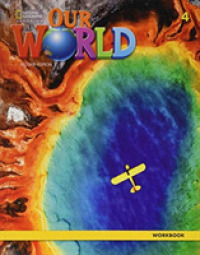Full Description
A frenzied German Expressionist tale of orgy as salvation in Weimar Berlin
Originally published in German in 1919, Potsdamer Platz was Curt Corrinth's first novel to employ an expressionistic, frenetic prose and presented his excessive vision of free love. Inspired by the sex theories of Freud's controversial disciple Otto Gross, Corrinth preached the sexual orgy as a means to salvation and universal copulation as a new world religion.
The book's provincial protagonist, Hans Termaden, arrives in Berlin, where he quickly evolves from city rube to sexual messiah as he converts prostitutes and virgins into sensual warriors and frees men of sexual inhibitions. As word of his exploits spreads, people flock to his headquarters in Potsdamer Platz, turning all buildings into brothels. Police and army attempt to bring order but themselves defect to take part in the spreading copulation as Corrinth's prose itself begins to fragment and melt on the page.
Decried in its time, Postdamer Platz can be read today as a portal into the cultural excesses of Weimar Berlin. This first English translation includes the original illustrations done by Paul Klee for the book's 1920 deluxe edition.
Curt Corrinth (1894-1960) studied law until serving in the military in World War I, which resulted in his embracing an antiwar and anti-bourgeois stance through his poetry and then through a series of novels, three of which would be banned by the Nazis in 1933. In 1955, he moved to the GDR in East Berlin, where he died five years later.








